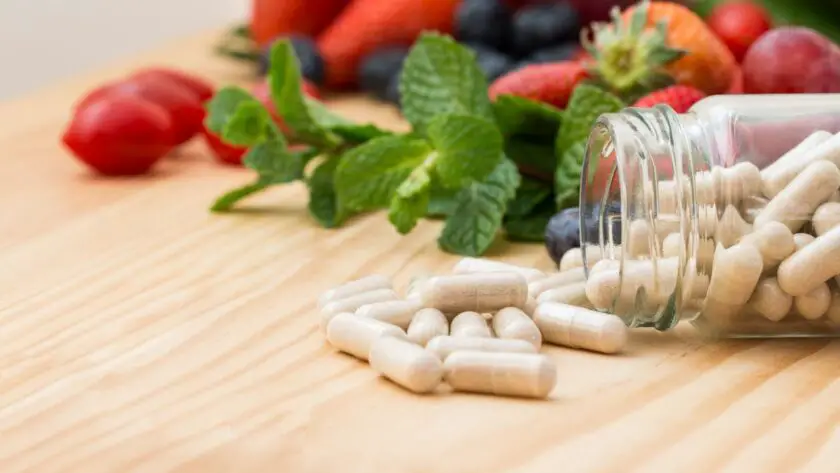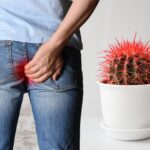Hemorrhoids, also known as piles, are swollen and inflamed veins in the anus and lower rectum. They can cause discomfort, pain, itching, bleeding, and sometimes complications such as strangulation, anemia, or blood clots.
Hemorrhoids are a common condition that affects about half of adults over 50 years old and can be triggered by various factors such as chronic constipation, diarrhea, pregnancy, aging, obesity, heavy lifting, anal intercourse, or genetics.
While there are many treatments available for hemorrhoids, such as creams, ointments, suppositories, pads, wipes, banding, sclerotherapy, or surgery, some people may prefer to use dietary supplements to help prevent or manage their symptoms.
Dietary supplements are products that contain vitamins, minerals, herbs, or other substances that are intended to supplement the diet and provide health benefits.
However, not all Hemorrhoids dietary supplement are created equal and some may be more effective than others for hemorrhoids. In this article, we will review some of the most common and promising dietary supplements for hemorrhoids and provide some tips on how to choose the best one for your needs.
Fiber Supplements
Fiber is one of the most important dietary factors for preventing and treating hemorrhoids. Fiber helps soften and bulk up the stool, making it easier to pass and reducing the pressure and straining on the anal veins.



Fiber also helps regulate bowel movements and prevent constipation and diarrhea, which are both risk factors for hemorrhoids.
The National Institute of Diabetes and Digestive and Kidney Diseases (NIDDK) recommends a dietary fiber intake of 14 grams per 1,000 calories consumed.
For example, for a 2,000-calorie diet, the fiber recommendation is 28 grams per day. However, most Americans do not meet this recommendation and may benefit from taking a fiber supplement.
There are different types of fiber supplements available on the market, such as:
- Psyllium (Metamucil or Konsyl), which is derived from the husks of a plant seed and forms a gel-like substance in the intestine that helps soften the stool.
- Methylcellulose (Citrucel), which is a synthetic fiber that also forms a gel-like substance in the intestine and helps prevent dehydration of the stool.
- Wheat dextrin (Benefiber), which is a soluble fiber extracted from wheat starch that dissolves in water and helps increase stool bulk.
When choosing a fiber supplement for hemorrhoids, you should consider the following factors:
- The type of fiber: Some people may prefer natural fibers over synthetic ones or vice versa. Some people may also have allergies or intolerances to certain fibers such as wheat or psyllium.
- The dosage: The amount of fiber you need may vary depending on your diet and bowel habits. You should start with a low dose and gradually increase it until you achieve the desired effect. You should also follow the instructions on the label and consult your doctor before taking any supplement.
- The side effects: Fiber supplements may cause some side effects such as bloating, gas, cramping, diarrhea, or constipation. These side effects usually subside with time and can be minimized by drinking plenty of water and increasing the dose gradually. However, if they persist or worsen, you should stop taking the supplement and seek medical advice.
- The interactions: Fiber supplements may interfere with the absorption of some medications such as antibiotics, anticoagulants, or diabetes drugs. You should take your medications at least two hours before or after taking a fiber supplement. You should also inform your doctor about any supplements you are taking.

Hemorrhoids dietary supplement, Flavonoid Supplements
Flavonoids are natural compounds found in various plants such as fruits, vegetables, tea, coffee, wine, or chocolate.
They have antioxidant and anti-inflammatory properties that may help protect the blood vessels from damage and inflammation. Flavonoids may also strengthen the veins and improve their elasticity and tone.
Some of the most studied flavonoids for hemorrhoids are:
Diosmin (Daflon), which is derived from citrus fruits and has been shown to reduce bleeding, pain, swelling, and recurrence of hemorrhoids.
Rutin (Venoruton), which is found in buckwheat, apples, citrus fruits, and tea, has been shown to improve venous circulation, reduce inflammation and edema.






